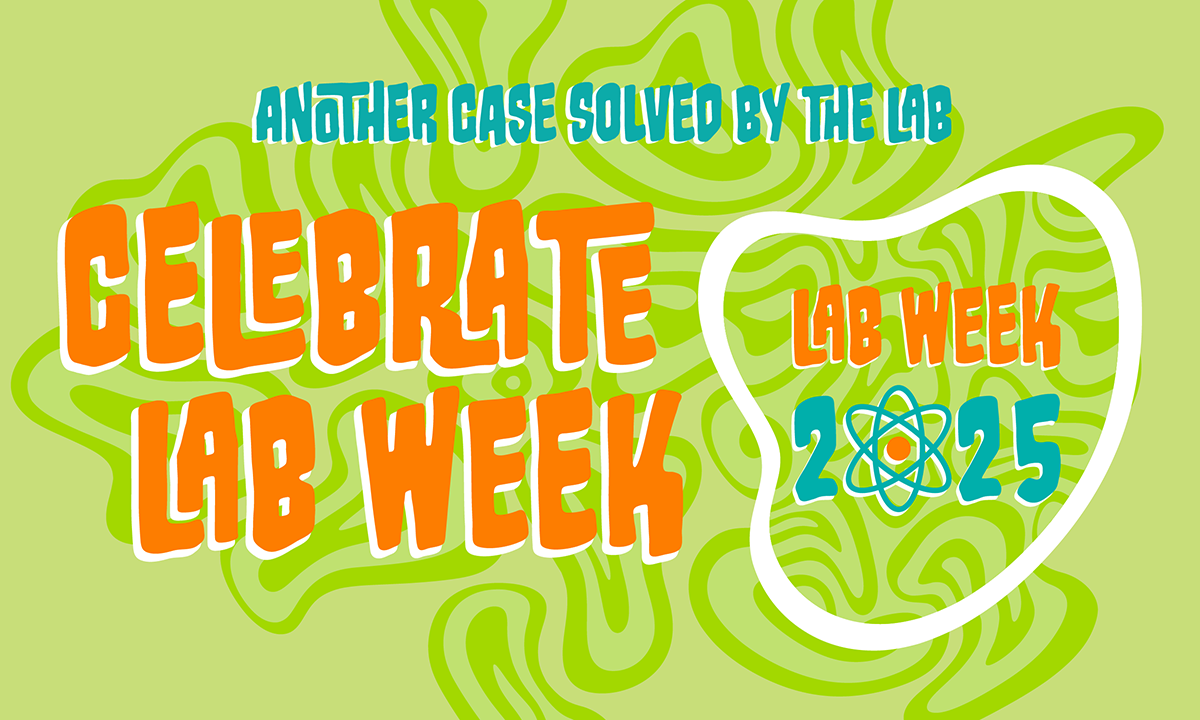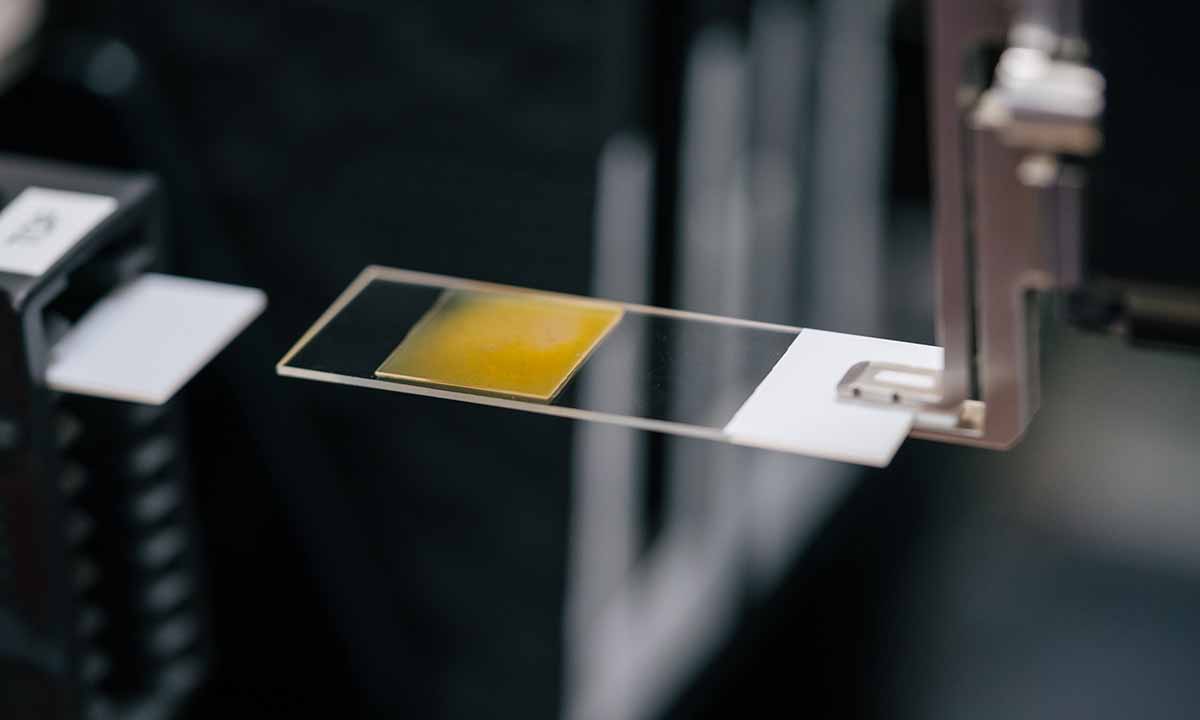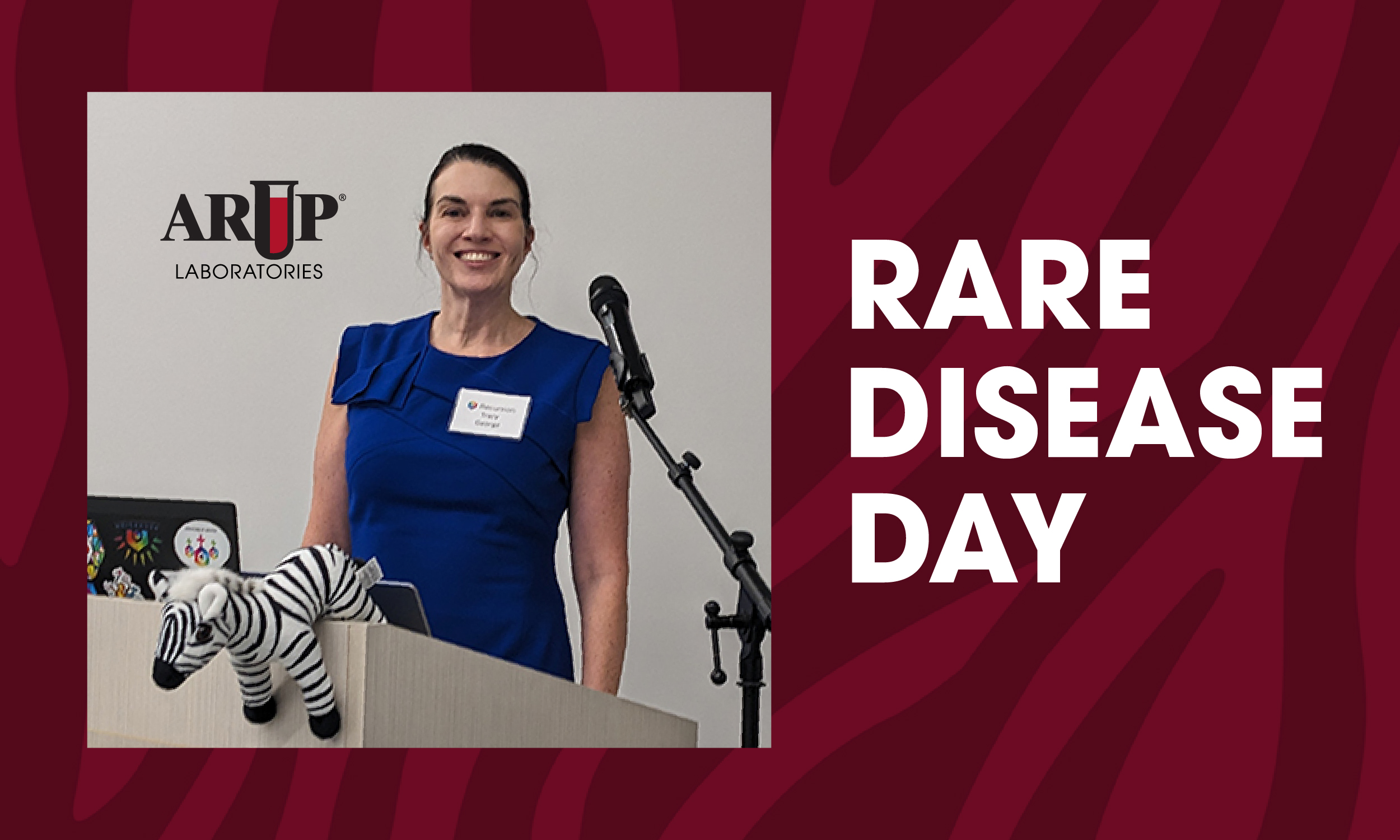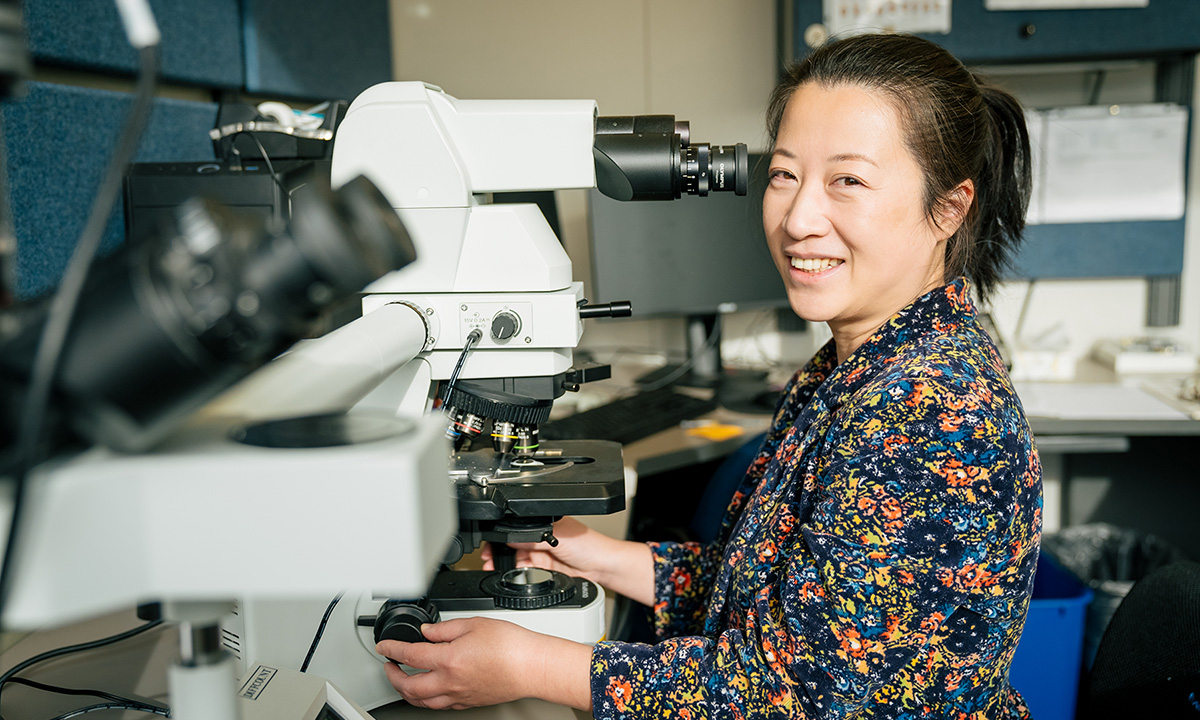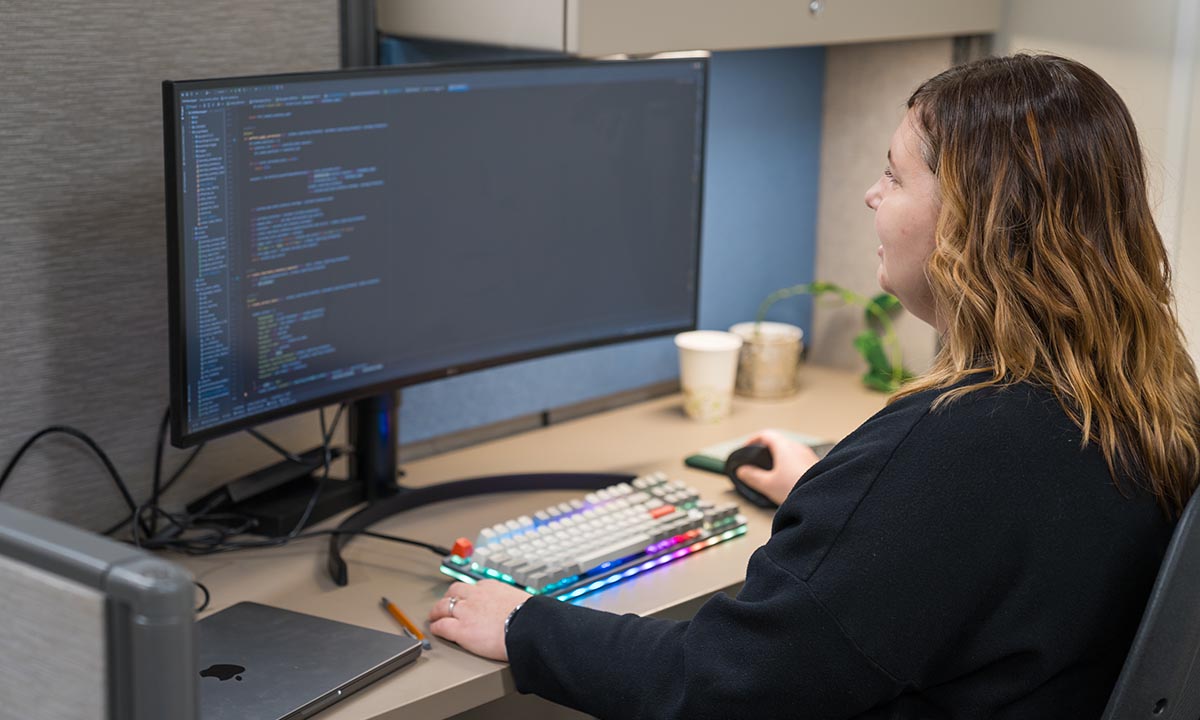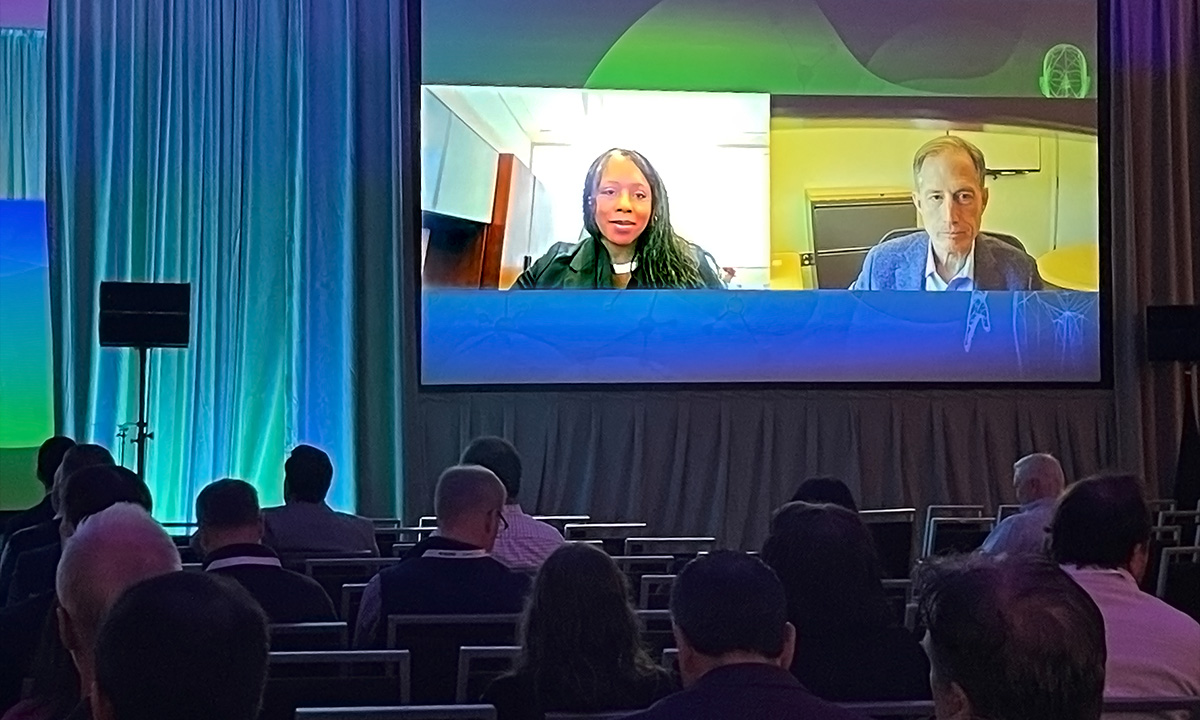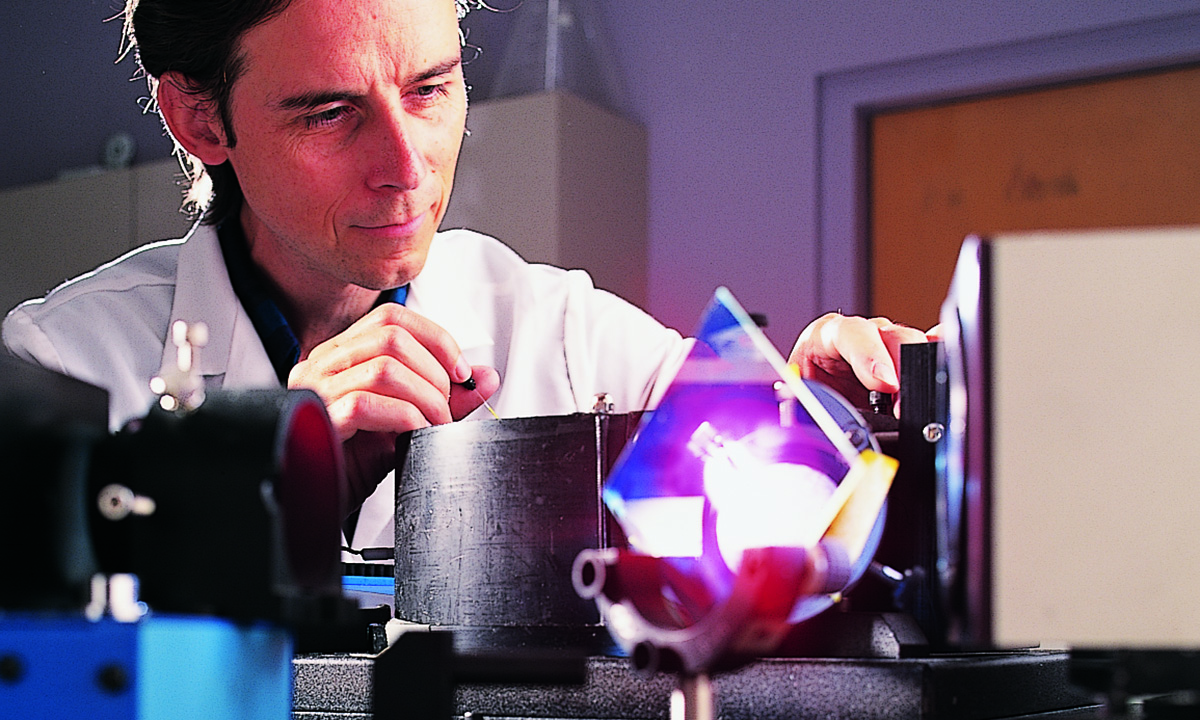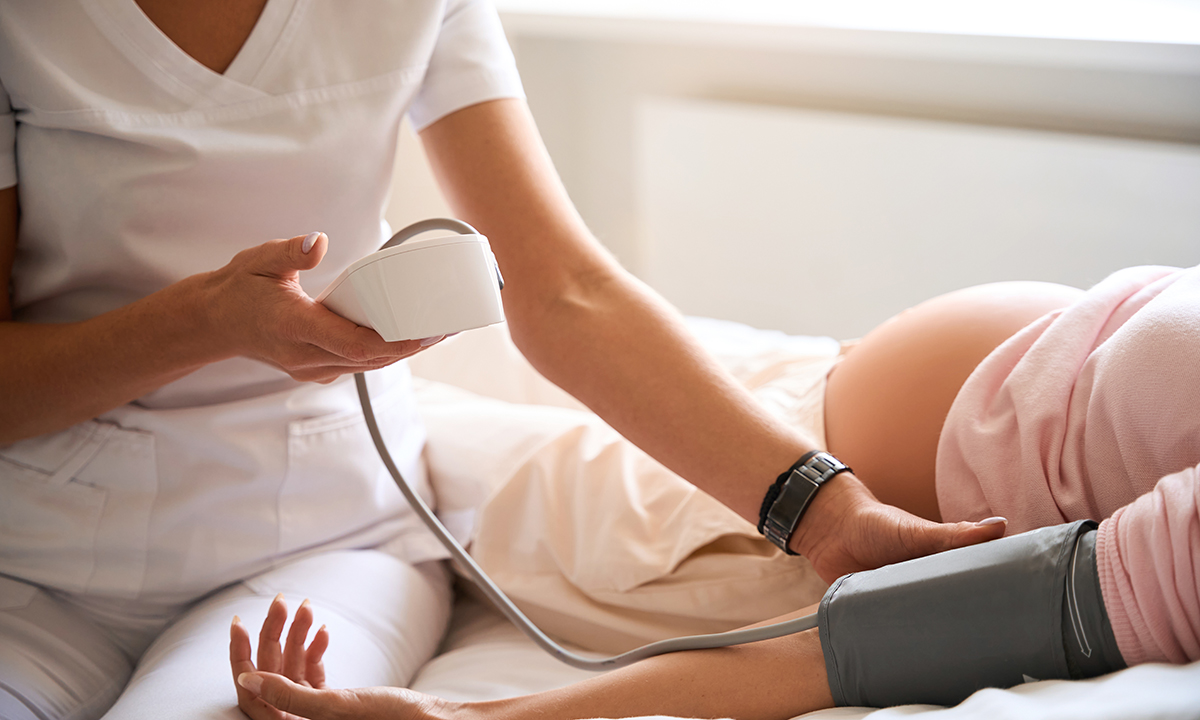Join ARUP this Lab Week in investigating the latest advancements in lab science that empower medical laboratory science (MLS) detectives to solve cases more efficiently and effectively.
Join ARUP at the 2025 AAN Annual Meeting to explore the latest in diagnostic laboratory testing for autoimmune neurology, including a presentation on a new biomarker test for Alzheimer's disease.
Join ARUP at the 2025 ACMG annual meeting to explore the latest in laboratory genetics research, including how traditional and innovative test strategies can evaluate rare and undiagnosed cases.
Pramana, Inc., and ARUP are collaborating to improve the assessment of bone marrow biopsies and address other key diagnostic challenges in hematopathology.
ARUP will expand its AI-augmented screening tool for the detection of human gastrointestinal parasites to become first and only lab to apply AI to the entire ova and parasite testing process.
Because an estimated one in 10 Americans lives with a rare disease, ARUP is committed to investing in the diagnostic research and innovation that will help bring them answers.
Next generation sequencing (NGS) testing detects UBA1 gene mutations, which are essential for the diagnosis of VEXAS syndrome and concurrent hematologic neoplasms.
ARUP medical directors will present key hematopathology research at the 66th ASH Annual Meeting, including developments in systemic mastocytosis treatment and testing for myeloid malignancy mutations.
ARUP medical directors and scientists presented key molecular pathology advancements at AMP 2024 on topics such as viral load prediction, automated DNA extraction, and parasite detection.
FDA leaders answered questions on artificial intelligence (AI), international regulations, and representation in clinical trials during the Utah Life Sciences Summit.
The University of Utah Licensing and Technology Office awards recognize impactful research and innovation. Though retired, Wittwer is active in advancing molecular diagnostics and mentoring others.
A new, first-of-its-kind test uses blood-based biomarkers to assess the risk of developing preeclampsia with severe features and facilitates appropriate interventions.

















